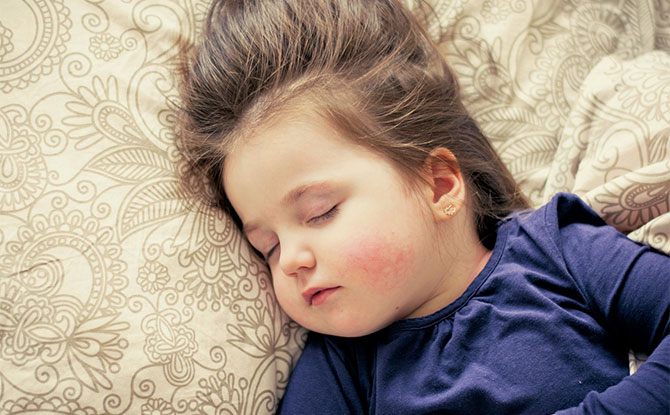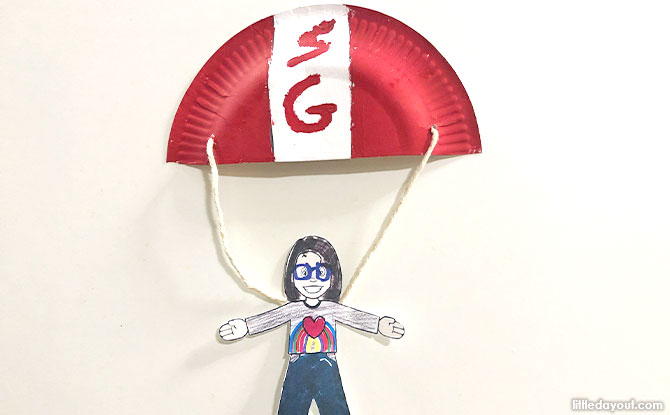
Teeth grinding in children can sometime be perplexing and bewildering for parents. Also known as bruxism, teeth grinding can be a cause of anxiety for parents who don’t know its cause and how to seek treatment.
We ask Dr Jenny Tang, Senior Consultant Paediatrician at SBCC Baby & Child Clinic (Asthma, Lung, Sleep, Allergy & Paediatric Centre), about teeth grinding in children and how it can be treated.
Questions about Teeth Grinding in Children
1. Why does a child grind his or her teeth while sleeping?
Dr Jenny: Multiple factors contribute to sleep bruxism or teeth grinding during sleep. High stress levels, anxiety, genetics, irregular sleep patterns, OSA, lifestyle factors such as smoking, caffeine consumption, and some medications like antidepressants have been associated with a higher incidence of sleep bruxism.
2. Will my child grow out of teeth grinding while sleeping?
Dr Jenny: Sleep bruxism is more common in childhood and tends to go away by adulthood.
BE PSLE-READY: Join Expert Educators for Revision Boosters to Empower P6 Students
BURP: Join the Sound Collector on a Whimsical Chase at Esplanade – Theatres on the Bay
WEEKEND IDEAS: Get Inspirational Ideas of Things to Do
3. Are there some ways that I can try at home to help my child with his/her teeth grinding?
Dr Jenny: In many cases where sleep bruxism is mild or infrequent, no intervention may be necessary. Identifying and reducing stress and anxiety triggers are helpful if these are thought to be the contributing factors.
Relaxation exercises, listening to music, taking a warm bath before sleep and avoiding caffeinated beverages near to bedtime may help to reduce sleep bruxism.
Massaging the head and neck can relieve tension in muscles. A hot compress or ice pack can reduce pain in jaw and neck.
Specific mouth exercises may be helpful to improve jaw movement and reduce pain.
4. Are there any consequences of leaving teeth grinding unaddressed?
Dr Jenny:
- Damage to your teeth, worn out enamel, increased tooth pain or sensitivity that may require restorations and crowns
- Tension-type headaches
- Severe facial or jaw pain
- Disorders that occur in the temporomandibular joints (TMJ)
- Sleep disruption and its consequences
5. What are some of the treatments available to stop a child from grinding his/her teeth during sleep?
Dr Jenny: Muscle relaxants, Botox injections, medication for anxiety or stress and treatment of associated disorders such as OSA or gastroesophageal reflux disease (GERD) may reduce grinding in sleep.
Use of splints and mouth guards prescribed by dentists help prevent damage to teeth caused by clenching and grinding.
Addressing Questions about Teeth Grinding in Children
Thank you, Dr Jenny for helping to address these questions that parents have about teeth grinding in children.























